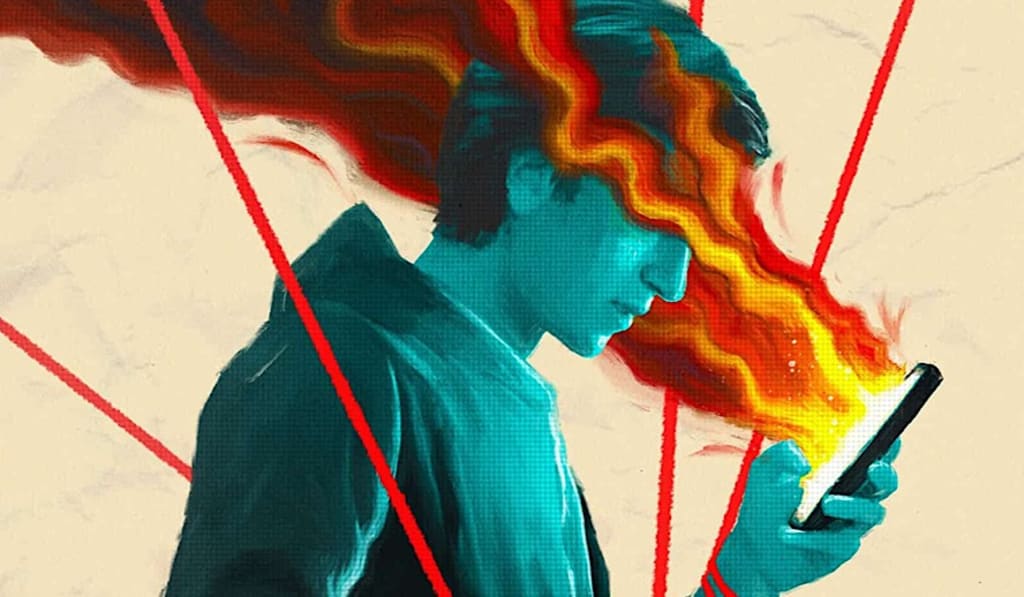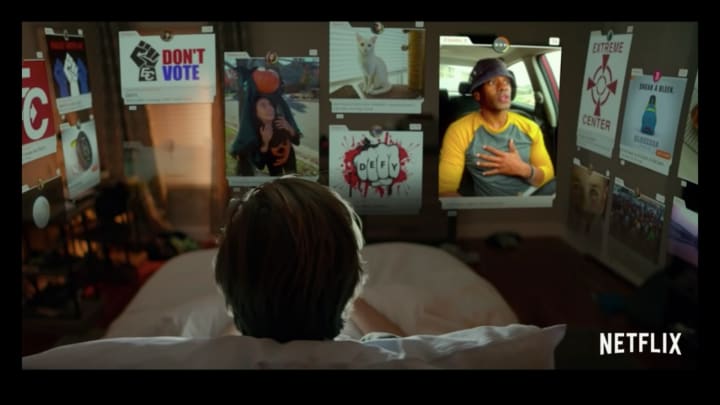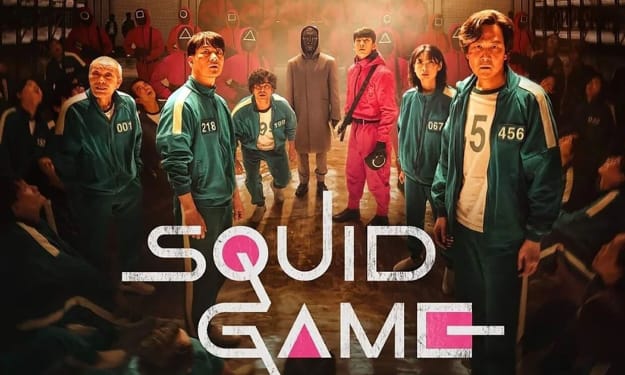The social dilemma
Are you the driver, or the driven?

Welcome to the XXI century.
“People will not revolt. They will not look up from their screens long enough to notice what’s happening.” This frightening quote comes from the premonitory work of George Orwell. It’s almost impossible to talk about surveillance, propaganda or authoritarian politics without making reference of 1984.
Since its publication in the late 40s’, Orwell’s vision displayed a view of our present with extreme accuracy. His prophetic novel became a seminal text of the 20th’ century. I had my first encounter with this classic at a very young age. Not being able to decipher and digest most of its content, it was quickly forgotten on my parent’s book shelve. As I grew older, some of its intricate plot looked more and more alike what I was experiencing. The seeds were planted on the fertile soil of my vivacious curiosity. I did revisit it several times during my law studies, Animal Farm and 1984 became my go-to books at my nightstand, right beside Aldoux Huxley’s “Brave new world” and “Island.”
Dystopian stories became a recurring theme among my favorite books. The similarities baffled me.

The social dilemma documentary.
I saw the documentary with little to no expectations. This docudrama focuses on the premise that social media is controlling our lives. Everything we watch/hear has been preordained, thoughtfully packed for our consumption. Under this naïve unapologetic assumption, the minds behind notifications and “likes” turn down their shields to let you enter this harsh reality.

Maybe it was just because I love sci-fi literature, I was never prone to social media. I quit Facebook many years ago, and Instagram quickly followed around 2012. I simply said to myself, “I don’t need to know what Pamela had for breakfast.” I was being harassed by an endless parade of daily notifications. Information that was not bringing me any kind of satisfaction or delight, it was just filling my days with annoying buzzes and chimes.

We see what we want to see.
For the first 40min or so, the director wanted to make you realize how frantic and catholic this modern world is. Using our own weaknesses, developers push you down the rabbit hole of mindless, intrusive scrolling of content, armed with a myriad of daily notifications. Our lives are being pre-ordained, packed and delivered to us, masked by the illusion of freewill. According to the documentary, we think we got control over what we consume on social media, but looks can be deceiving.

Following my research, the statement of freewill on the web has to be examined in depth. I can understand how my grandparent’s generation must have felt when television took the world by assault. How different life was without this devise constantly sending messages to a broad audience, changing everything they thought they knew about the world.
QUALITY OVER QUANTITY.
Back in the days when television started, directors and writers paved the way to deliver content to the masses. The content was thoughtfully studied, shaped and re-shaped to a certain niche. It has always been like that, creators create, men in suits decide what’s best. Nowadays with the advent of Netflix and Amazon Video, creators are free of scrutiny. Creators nowadays say that they feel free from the chains of corporate media. According to them, they create for the sake of creating, but you got to take that bold statement with a grain of salt.

Netflix is currently using artificial intelligence to dive deep into consumers preferences to suggest the "right" content for the "right" people. But, is it sorely to entertain their audience?
Now on Netflix, you can sit and find right before you, content suggested by an algorithm floods your homepage. I’m sure on your homepage right now, must be something similar to “The social dilemma.” Another conspiracy theory based content, ready to shake the very foundation of how you perceive reality.

What I find fascinating is the fact that we think we got control over what we watch, but in reality, we have less control now than before. If you’re watching a film where there’s something that disturbs you, if by any change you stop the product or look for another one, the algorithm takes notes. Content with similar situations or topics are taken out by the system, sounds fascinating right? But in reality, drains creativity, dries the once nurtured soil of imaginative writing. Now, they don’t have to persuade you, they know what you like, what you want, and how you wanted.
The social media trap
If we take into consideration what we have been discussing here, a computer is feeding us with only what we want to see, a program is using our own psyche against us. The brain map that made us become the dominant specie on earth is having a hard time trying to deal with his own creation.
Humankind has become simple rat laboratories to this companies, the more engaged you are, the more they can persuade you to change your behavior. For years’ companies like Facebook or Instagram have fine-tuned their strategies to take as much control of what you see, always with the illusion that is you making the choice. For them we are only costumers, a herd that can be manipulated at will.

With this illusion that you’re choosing what you watch, we’re being drawn towards a close-minded mentality, where we’re the only ones who hold the truth. This kind of technology blinds your vision in this Orwellian reality of ours.
This documentary was predictable, is a one-side story. On one side you got the premise that technology is making us behave more and more like machines. It has been proven that with the right tools, our reality could be altered with little to no effort. On the other side of the coin, the same tiresome rhetoric of making capitalism the antagonist of this story push me out. I'm not saying that this quest for more is not the problem, the problem lies inside each one of us, is in our nature.

This could be the age of information, instead, is heading towards becoming the era of misinformation. Why they say that “Fake news” engage more than real news? Simple, fake news are tailor made stories, created to fill our cravings and satisfy our undisclosed desires.
References.
- "The social dilemma." Netflix documentary. 2020.
- Lemeunier, Aude. ( 2004). 1984 : (1948), George Orwell. Paris :Hatier,
- “Brave New World.” Aldoux Huxley, New York: Harper Brothers, 1932. Print.
About the Creator
Giovanni Profeta
Swimming through life one stroke at a time.






Comments
There are no comments for this story
Be the first to respond and start the conversation.